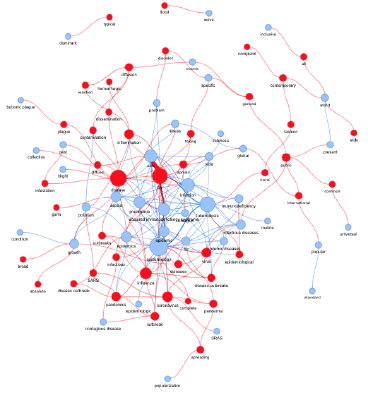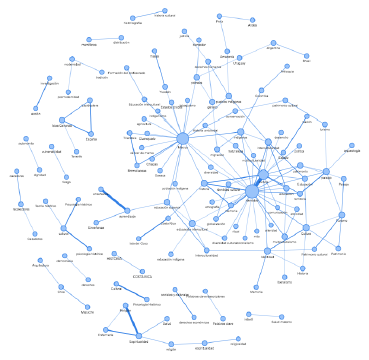

knowledge base on epidemics from amelica/redalyc journals
In the face of a global health contingency, the vital role of Open Access is endorsed: to bring knowledge to all corners of the world, to allow science to be quickly and timely accessible so that its contribution is reflected in the improvement of the quality of human life , in saving lives and in the development of a better society for all. Open Access initiatives such as Redalyc have been working towards this goal for 18 years. Today, the AmeliCA/Redalyc alliance reaffirms its commitment to Open Access and continues to develop technology which it is now applied to the semantic dissemination of articles published on topics of interest in epidemiology, pandemics and related topics. This development enable to publish more than 6 thousand articles in Linked Open Data (LOD) format so that they can be processed and interconnected in the LOD knowledge cloud and allow users to browse content and access to full-texts in a thematic discovery service.


the Ancestral Knowledge
The Ancestral Knowledge Collection (AKC) was made from the Redalyc.org database, which is a system that index journals of non-commercial Open Acces of certificated quality. The AKC consists of thousands of articles resulting from the implementation of a series of algorithms that make an automated content curation basing on a thesaurus of concepts. The resulting ensemble data is transformed through a process to extract the meaning of the different data that a scientific article contains and then, it is stored in a triplete way in an articulated knowledge base to Linked Open Data.
This project was made thanks to the Shuttleworth foundation support through a Flash Grantee granted on December 2019 to the the Doctor Arianna Becerril García as well as the Redalyc's personnel of the Autonomous University of Mexico State.



